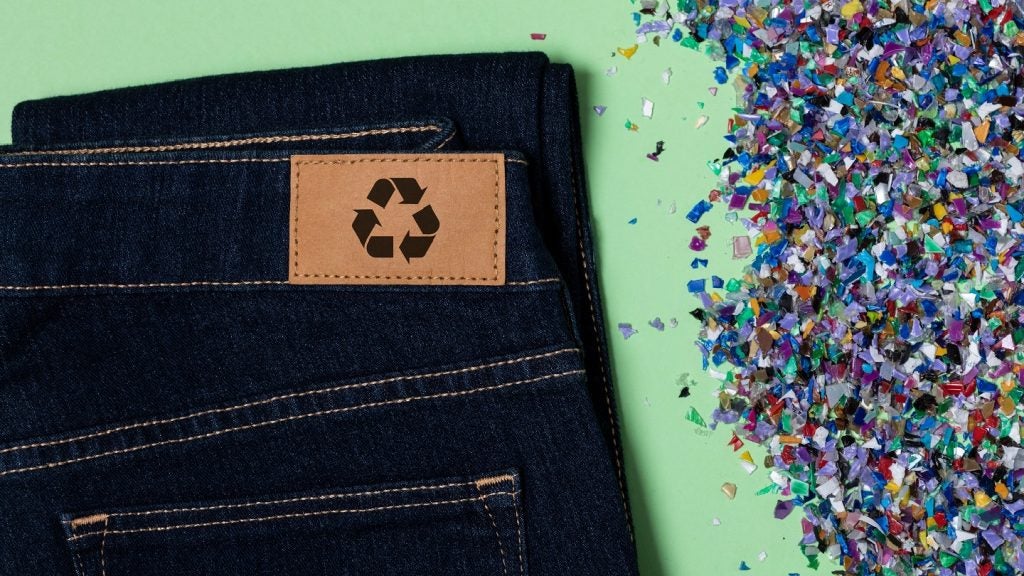Named Upstream Circularity Playbook, the document serves as a practical manual, providing exemplary cases to foster and expand circular approaches within the garment production sector.
Accessible in six different languages, this resource aims is to motivate both governmental and corporate entities to adopt and promote business models that give value to post-industrial waste—materials discarded during manufacturing stages such as milling, spinning, and garment crafting.
The Upstream Circularity Playbook emphasises upstream processes in the fashion supply chain, particularly improving the sorting, separation, and recycling of post-industrial waste.
A Sequential Framework
The playbook presents a logical sequence for establishing infrastructure that can enhance circularity within the textile production nations. It equips users with vital instruments for:
- Segregation of textile waste at production sites: Set up systems within clothing manufacturing facilities for the efficient handling, segregation, and tracking of post-industrial textile waste, distinguishing different types of waste at the point of origin.
- Digital monitoring of textile waste: Employ shared digital tools for consistent information exchange and monitoring of waste streams, documenting volumes and attributes to match materials with recycling needs.
- Collection, aggregation, and classification: Clarify responsibilities and optimize procedures among intermediaries like collectors and sorters to ensure proper preparation and transportation of textile waste to recycling facilities while adhering to regulatory standards.
- Aligning textile waste with appropriate end-uses: Identify suitable applications for various kinds of textile waste and select corresponding recycling technologies to maximize the quality of recycled material produced.
- Integration of recycled materials into design: Reintroduce recycled materials back into the production cycle with careful consideration given to material characteristics in design phases as well as product testing.
This resource delineates key facilitators required to nurture an ecosystem favourable to upstream circularity. It leverages detailed case studies from countries like Bangladesh, Cambodia, Indonesia, and Vietnam to provide scalable examples of circular initiatives in diverse international settings.
The playbook features 21 case studies highlighting trailblazing companies and organisations that are actively engaging in, experimenting with, and expanding practices related to upstream circularity within their manufacturing bases globally. These entities often work collaboratively with other stakeholders along the supply chain.
Global Fashion Agenda CEO Federica Marchionni said: "The Upstream Circularity Playbook is a vital tool for embedding circularity across the fashion value chain on a global scale. By prioritising innovation and value creation in key manufacturing regions, we are using post-industrial waste to build the infrastructure needed to attract and scale recyclers, ultimately preparing these regions for post-consumer waste recycling and driving meaningful change worldwide."
The textile recycling industry could see an advancement in circularity by up to 80% if current recycling technologies were maximised, according to the GFA’s Scaling Circularity Report. This shift towards upstream circularity could significantly reduce the fashion industry's reliance on new raw materials and add value to post-industrial waste.
The GFA’s Pre-Feasibility Report indicates that by recycling textile waste in Bangladesh, the country could decrease its cotton imports by 20%, leading to an annual saving of nearly $750m. This finding underscores the economic potential of increased textile-to-textile recycling practices within the industry.
Building on this research, the Upstream Circularity Playbook has been developed to capitalise on these opportunities. The Playbook is a collaborative effort, with contributions from over 20 experts and organisations.
Catherine Chiu, GCFF SteerCo member, VP Corporate Quality & Sustainability at Crystal Group, says: "I believe this Playbook brings transformative insights globally. It empowers industry stakeholders in manufacturing regions to innovate and collaborate, turning textile waste into valuable resources. I envision driving the long-term, scalable shift towards a circular business model along the fashion value chain together."
Edwin Keh, GCFF SteerCo member, CEO at HKRITA, added: "Our industry's pace of change has to accelerate to achieve our climate goals. This Upstream Circularity Playbook is an effort to support the effort and drive momentum. This is a practical guide to how we best use, reuse, and repurpose our supply chain's resources."
In September this year, the GFA with support from its Insight Partner, Maersk, published a new report on how fashion brands, retailers, value chain partners, and logistics providers can use reverse logistics to foster a more sustainable, circular fashion system.









